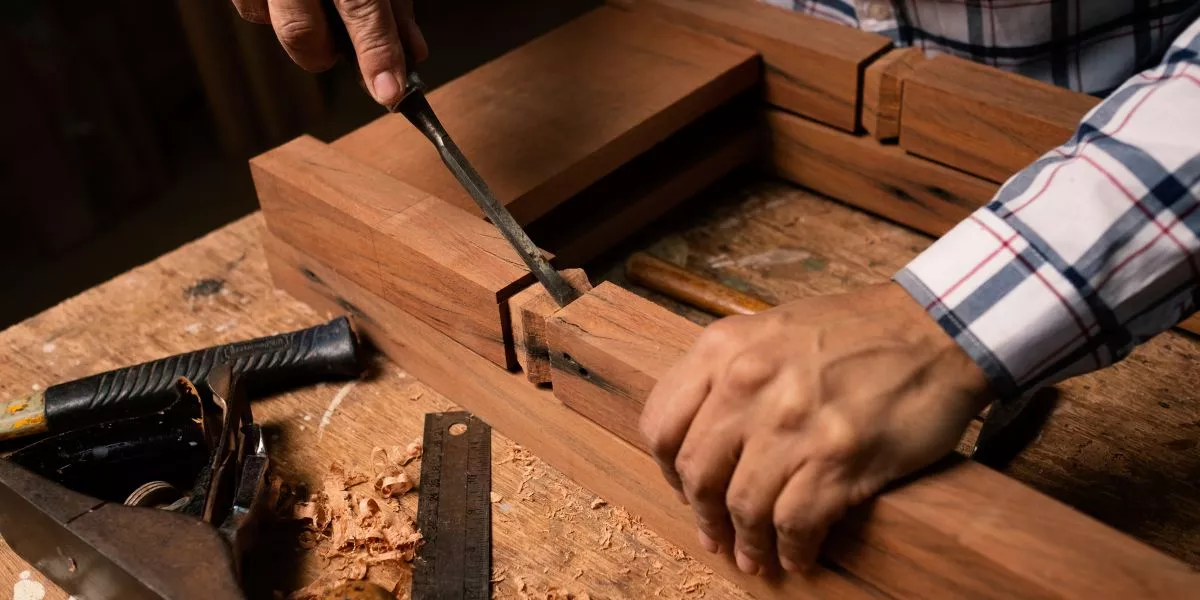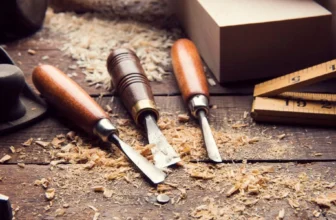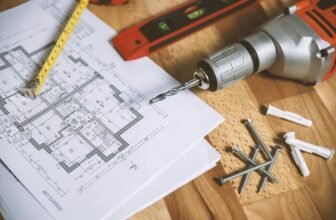
When starting your woodworking journey, it's easy to focus solely on tools, but accessories play a crucial role in your success. From safety gear that protects you to measuring tools that ensure accuracy, these essentials can make a significant difference. You might be surprised by how much the right accessories can enhance your projects. So, what should you prioritize to set yourself up for success? Let's explore the must-haves for any beginner.
Essential Safety Gear for Woodworking
When you step into the workshop, ensuring your safety should be your top priority. Start by wearing safety glasses to protect your eyes from flying debris.
Ear protection is essential too; the loud noises from power tools can damage your hearing over time.
Don't forget about a dust mask, especially when sanding or cutting wood, as it keeps harmful particles out of your lungs.
Sturdy, closed-toe shoes will shield your feet from heavy equipment and sharp objects.
Lastly, invest in gloves designed for woodworking—they'll help you grip tools better while protecting your hands.
Must-Have Measuring and Marking Tools
Accurate measurements and precise markings are the backbone of successful woodworking projects. To get started, you'll need a reliable tape measure—opt for one that's at least 25 feet long.
A combination square is essential for marking right angles and checking your measurements. Don't forget a marking knife; it offers cleaner lines than pencils for precise cuts.
A set of calipers can help you measure small dimensions accurately. Additionally, a chalk line is great for creating long, straight lines on larger pieces.
Lastly, consider a marking gauge for consistent depth when cutting. With these tools, you'll ensure your projects begin on the right foot, setting you up for success every time you work with wood.
Basic Hand Tools Every Beginner Should Own
While diving into woodworking, having the right hand tools is crucial for bringing your projects to life.
For starters, you'll need a good quality hand saw to make precise cuts. A chisel set is essential for shaping and detailing your wood. Don't forget a reliable hammer; it's perfect for driving nails and assembling joints.
A tape measure and square are vital for accurate measurements and ensuring your angles are true. Additionally, a block plane helps smooth surfaces and edges.
Finally, invest in a coping saw for intricate cuts and a set of files for fine finishing. With these basic hand tools in your kit, you'll be well-equipped to tackle a variety of woodworking projects.
Useful Power Tools to Consider for Your Workshop
After you've got your basic hand tools sorted, it's time to consider adding some power tools to your workshop.
A table saw is essential for making precise cuts and handling larger pieces of wood efficiently. Next, a miter saw is perfect for angled cuts and crosscuts, making it a must-have for many projects.
Don't forget a drill; it's invaluable for drilling holes or driving screws quickly. An orbital sander can save you hours on finishing work, giving your projects a professional touch.
Finally, if you're feeling adventurous, a router opens up endless possibilities for edge profiles and joinery.
These power tools will enhance your woodworking experience and help you tackle a wider range of projects.
Conclusion
In conclusion, starting your woodworking journey means equipping yourself with the right accessories. Don't skimp on essential safety gear like glasses to protect your eyes. Invest in measuring tools for accuracy and basic hand tools for precision. As you grow, consider adding power tools to enhance your efficiency. By gathering these essential items, you'll set yourself up for success, ensuring both safety and quality in your woodworking projects. Happy woodworking!




